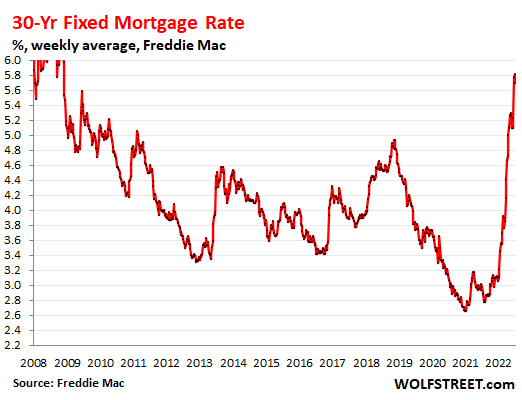Portland has enough room for 237,000 more homes. But what kind?

Portland has enough space for 237,000 more homes, according to a draft report issued in August by the Bureau of Planning and Sustainability.
Question is, what sort?
The answer, according to city officials and density advocates, is to build smaller. That means apartments, townhomes, fourplexes — the kinds of construction that can fill in gaps on the land Portland has at its disposal. Recent evidence suggests fourplexes, considered “middle housing,” have gained some momentum. A proposal to bring both detached homes and duplexes to the longtime Alpenrose site in Southwest Portland is notable for its mix of detached and dense development.
To get to Portland’s “net residential development capacity” of 236,977 housing units, BPS went through a five-step process. It included calculating existing development, identifying vacant and non-vacant parcels where development should happen; calculating development capacity; account for factors that would hinder development; and plugging in recent permitting data.
City officials acknowledge that construction in general right now is tough.
“We’re in a very challenging environment to develop with construction costs and interest rates being the way they are,” said Sam Brookham, a BPS city planner. “Achievable rents have kind of flatlined after many, many years of pretty dramatic escalation that made development a very attractive proposition for private developers.”
One of the biggest debates in Oregon is whether the state’s system of constraining growth stops developers from having enough land to build more housing. Some members of Gov. Tina Kotek’s housing council are pushing to relax the state’s land-use laws. According to the Oregon Capital Chronicle, “Housing group members say more land is needed for homes, while environmentalists warn against sprawl.”
The fight stretches back to the 1973 founding of Oregon’s land-use system, which, among other things, rings cities with urban growth boundaries to stop housing developments from spreading too far from urban centers. Think of it as Gov. Tom McCall, the father of the land-use system, giving cities a big hug: some people want UGBs to loosen up, others think they’re fine as is.
“This is a debate that’s been going on in the region for decades,” said Tom Armstrong, supervising planner at BPS. “It depends on who you’re talking to, and if it’s the homebuilders that build single-family detached homes, we don’t have a lot of that opportunity in Portland.”
And it’s getting to the point that we don’t have much room for single-detached homes regionally, Armstrong said.
But it puts homebuyers who dream of single-detached homes in a difficult position.
“Portland does not have the space or room to build more detached, single-family homes,” Armstrong said. But many people still want to live in the city, he said. “When you don’t build middle housing, then you’re left with the choice of super-expensive, older, detached single-family homes or, for now, rental apartments.”
| Rank | Prior Rank | Name / prior rank / URL |
|---|---|---|
|
1 |
1 |
JE Dunn Construction Company |
|
2 |
2 |
Skanska USA Building |
|
3 |
3 |
Walsh Construction Co. |


